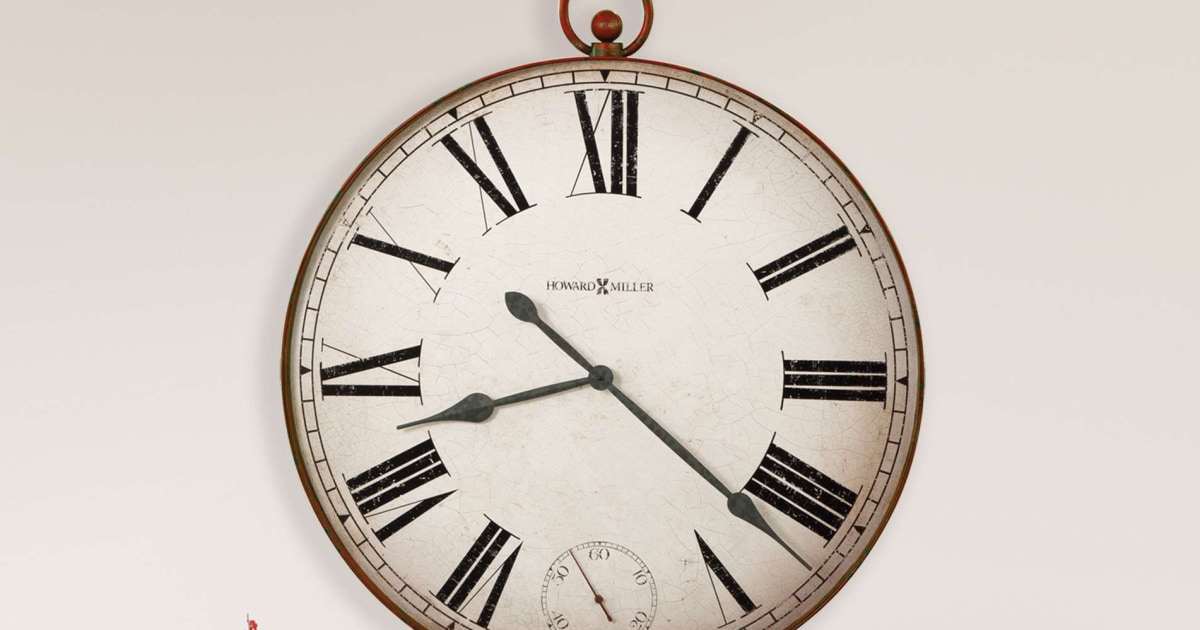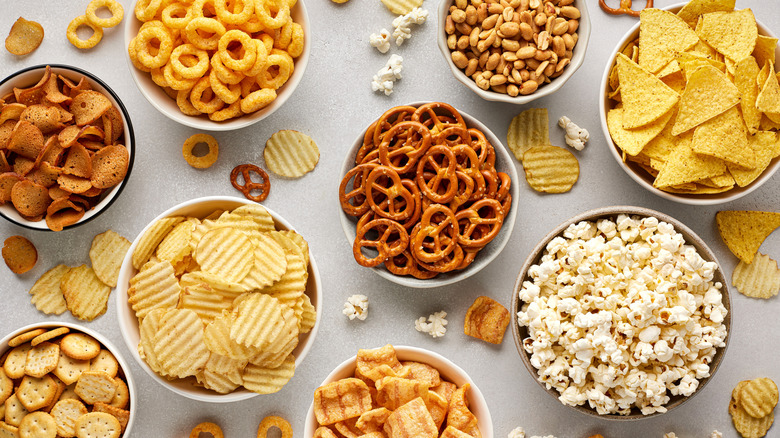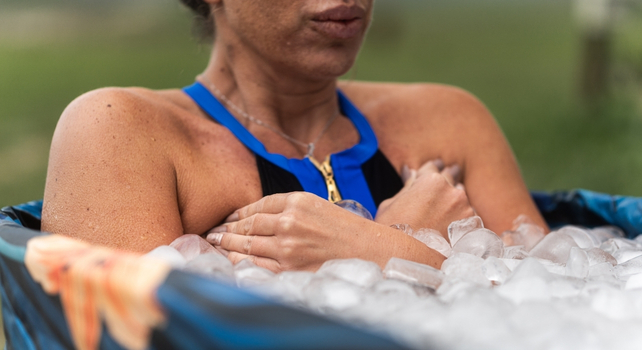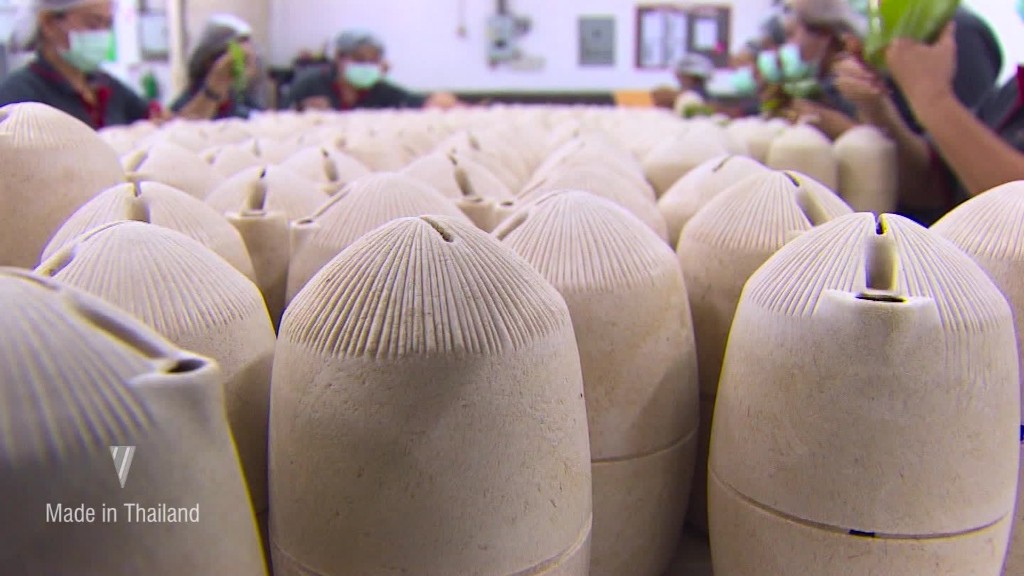
To address Thailand’s growing waste problem, one company has turned to the country’s plant life.
Universal Biopack produces packaging that it sells to restaurants and manufacturers, but instead of using plastic, it incorporates a blend of bamboo and cassava, crops that are abundant in Thailand.
Thailand, which has experienced rapid economic growth in recent years, like many other countries in the region, has been slow to combat the millions of tons of waste generated annually.
According to Vara-Anong Vichakyothin, the managing director of Universal Biopack, “Waste management is a big problem everywhere.”
Related: The company turning 4 billion plastic bottles into clothes
Universal Biopack has developed a technology, originated at a university in Bangkok, to create its zero-waste packaging. The company hopes that this packaging will eventually replace the prevalent Styrofoam boxes and plastic bags that end up in large landfills throughout Thailand and other Southeast Asian nations.
It took five years to develop the company’s eco-friendly formula, which is so versatile that it could potentially be used to package furniture and even phones. The bamboo utilized by Universal Biopack is sourced from leftover scraps from the chopstick manufacturing process.
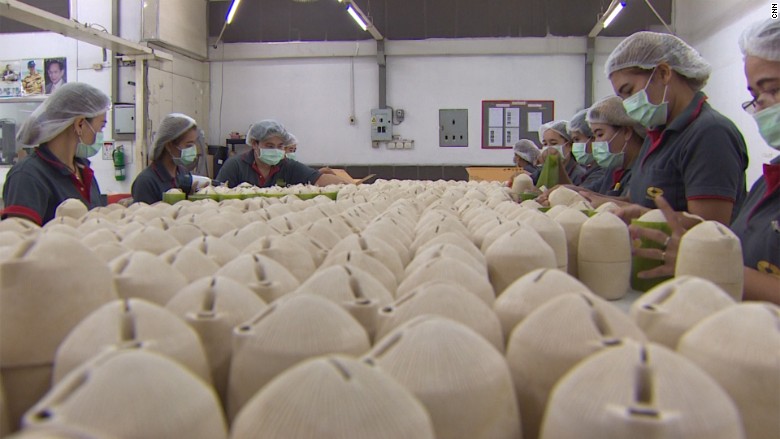
Universal Biopack supplies restaurants, organic farmers, and other businesses in the food and drink industry in Bangkok and Chiang Mai, where the streets are lined with takeout drink containers and noodle packets. However, expanding the customer base can be challenging.
It is difficult to convince takeout food vendors in Thailand, who operate in a highly competitive market with thin profit margins, to spend more on environmentally friendly packaging.
“The local economy still does not support [this technology],” stated Suthep Vichakyothin, the founder of Universal Biopack.
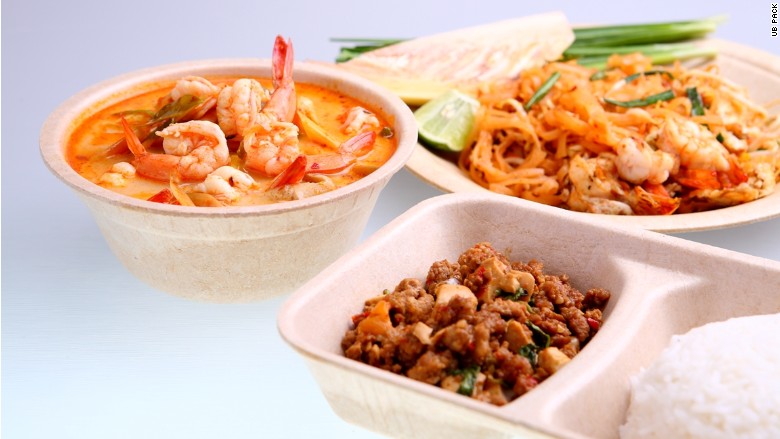
However, other companies have entered the sustainable packaging market in Thailand, with aspirations that the growing environmental awareness will eventually lead to increased demand. Universal Biopack is investing in order to remain competitive by constructing a partially automated assembly line at its factory near Bangkok and doubling its workforce from 50 to 100 people.
The company aims to increase its monthly capacity from 300,000 units to one million.
Related: A startup that makes pencils that grow into vegetables
Much of the demand comes from overseas, with one customer utilizing the natural packaging for its exported coconut water. Universal Biopack has also received interest from other countries, particularly in Scandinavia.
CNNMoney (Hong Kong) First published February 12, 2017: 9:08 PM ET


